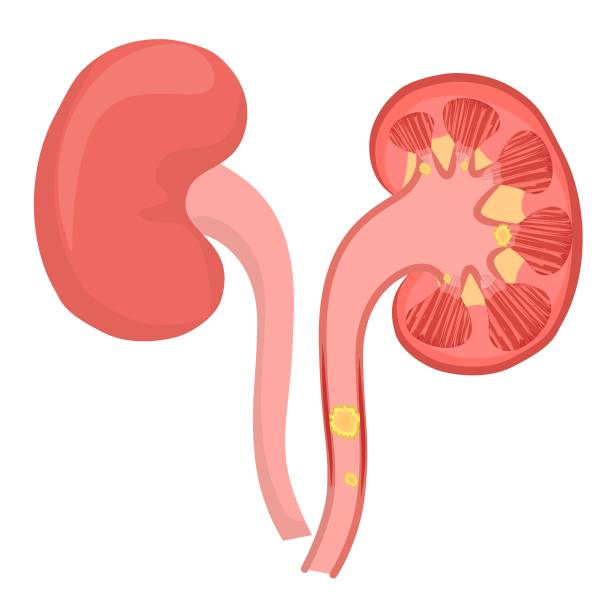Kidney stones are no joke. The excruciating pain they cause can bring even the toughest person to their knees. If you've ever experienced the discomfort of kidney stones, you know just how unbearable it can be. But when should you seek medical attention if you suspect you have kidney stones? In this article, we'll explore the signs and symptoms that indicate it's time to see a doctor and why early intervention is crucial.
Understanding Kidney Stones:
Kidney stones are solid deposits of minerals and salts that form inside your kidneys. They can vary in size, from tiny grains to large stones that resemble gravel. When these stones move through the urinary tract, they can cause intense pain and discomfort. While small stones may pass on their own, larger ones may require medical intervention.
Signs and Symptoms:
- Severe Pain: One of the hallmark symptoms of kidney stones is intense pain, typically felt in the back, side, abdomen, or groin. The pain can come in waves and may be accompanied by nausea or vomiting.
- Changes in Urination: You may notice changes in your urinary habits, such as increased frequency, urgency, or pain during urination. Blood in the urine (hematuria) is also a common symptom of kidney stones.
- Fever and Chills: In some cases, kidney stones can lead to infection, which may cause fever, chills, and general malaise.
- Difficulty Passing Urine: If a kidney stone becomes lodged in the urinary tract, it can block the flow of urine, leading to difficulty passing urine or a complete inability to urinate.
When to See a Doctor:
If you experience any of the following symptoms, it's crucial to seek medical attention promptly:
- Severe or persistent pain that doesn't improve with over-the-counter pain medication.
- Blood in the urine or cloudy, foul-smelling urine.
- Difficulty passing urine or a complete inability to urinate.
- Fever, chills, or signs of infection.
Why Early Intervention Matters:
While some kidney stones may pass on their own with time and hydration, others may require medical intervention. Delaying treatment can lead to complications such as urinary tract infections, kidney damage, or even sepsis in severe cases. By seeking medical attention promptly, you can receive the appropriate treatment to manage your symptoms and prevent further complications.
Conclusion:
Kidney stones are a painful condition that requires timely medical attention. If you experience severe or persistent pain, changes in urination, or signs of infection, don't hesitate to see a doctor. Early intervention is key to managing kidney stones effectively and preventing complications. Your health is too important to ignore, so listen to your body and seek help when needed.





Comments